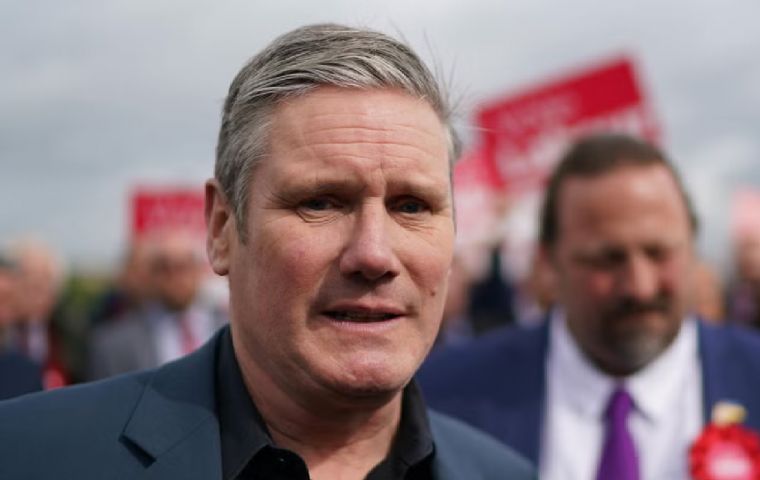Commonwealth leaders concur it is time to discuss slavery reparations

Starmer downplayed the prominence of reparations on the summit’s agenda
Commonwealth leaders agreed during a Heads of Government meeting in Samoa Friday that it was time to discuss reparations from the United Kingdom for its role in the transatlantic slave trade. ”The time has come for a meaningful, truthful, and respectful conversation towards forging a common future based on equity,” the leaders said in a statement.
The joint declaration also addressed the matter of “blackbirding”, a term referring to people deceived, coerced, or kidnapped to work on plantations as the feeling that former slave-trading powers should pay reparations or make other amends is gaining momentum worldwide, particularly among the Caribbean Community and the African Union, where the legacy of slavery has led to vast and persistent racial inequality. The document never mentioned what form these reparations should take. But it did address “the severe consequences of the climate crisis, including rising temperatures and sea levels.”
The declaration recognized “the importance of this matter to member states of the Commonwealth, the majority of which share common historical experiences in relation to this abhorrent trade.”
“We’ve actually had a very positive two days here in Samoa,” said British Prime Minister Sir Keir Starmer, who also downplayed the prominence of reparations on the summit’s agenda, saying: “The theme of the day was chosen by the prime minister here in Samoa, and she chose resilience and climate,” insisted the Labour leader. “I should be really clear here, in the two days we’ve been here, none of the discussions have been about money. Our position is very, very clear in relation to that,” he added, although he remained open to helping those nations seeking reparations secure cheaper finance for dealing with climate change. The “next opportunity” to discuss the issue would be at a UK-Caribbean forum next year, Starmer also explained.

